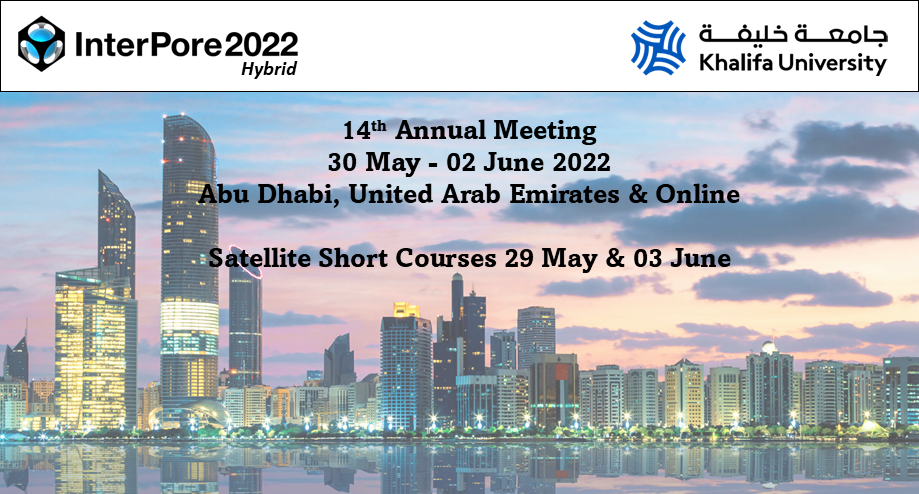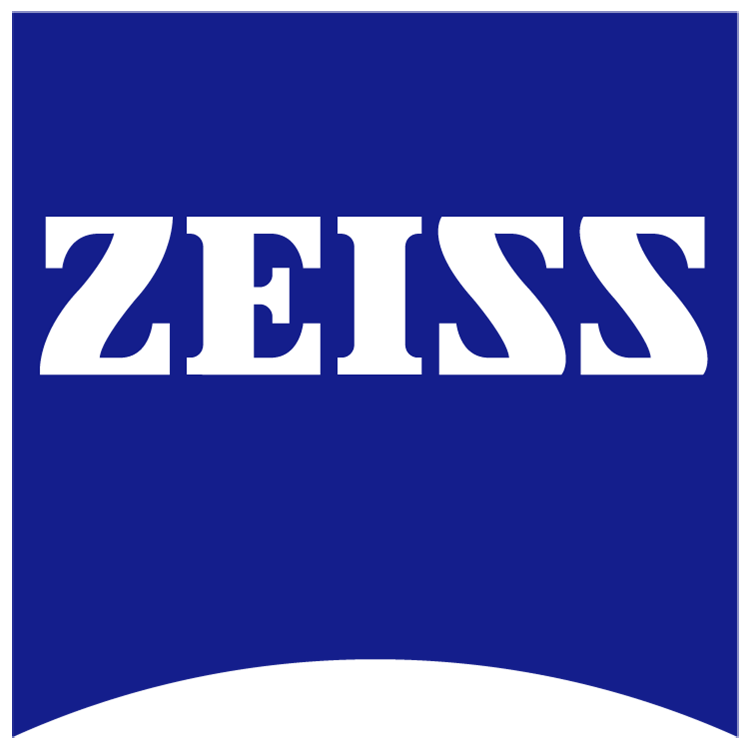Speaker
Description
In shallow geothermal engineering, thermal anisotropy of the ground leads to different heat transfer performances of horizontal and vertical ground heat exchanges systems even within the same site. Microstructure determines the anisotropy nature of the effective thermal conductivity in granular materials. However, existing microstructural parameters such as porosity, average coordination number can neither characterise the anisotropy of the granular materials nor the thermal anisotropy. In the present work, sphere packings with some inherent structural anisotropy were generated and they were represented by directed thermal networks in which each node corresponds to a particle and each directed edge indicates the local heat transfer path via a thermal resistance. Complex network theory was applied to the thermal networks to find the shortest preferential end-to-end heat transfer path for each paired nodes at the hot and cold ends of a sample. Based on the shortest heat transfer paths, a new sample-scale feature named “directed network thermal resistance” was introduced to account for particle connectivity, interparticle contact orientation and contact quality simultaneously. After calculating the effective thermal conductivity of lattice and randomly distributed sphere packings in different directions, it is found that directed network thermal resistance correlates with thermal anisotropy well.
| Participation | In person |
|---|---|
| Country | Australia |
| MDPI Energies Student Poster Award | No, do not submit my presenation for the student posters award. |
| Time Block Preference | Time Block A (09:00-12:00 CET) |
| Acceptance of the Terms & Conditions | Click here to agree |









